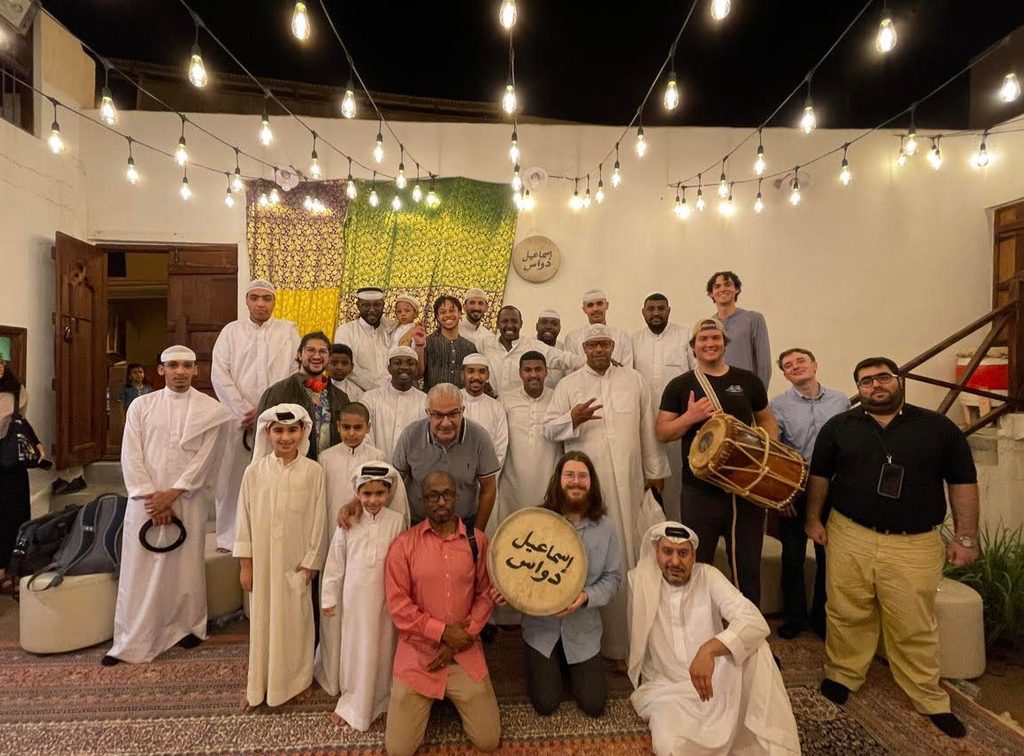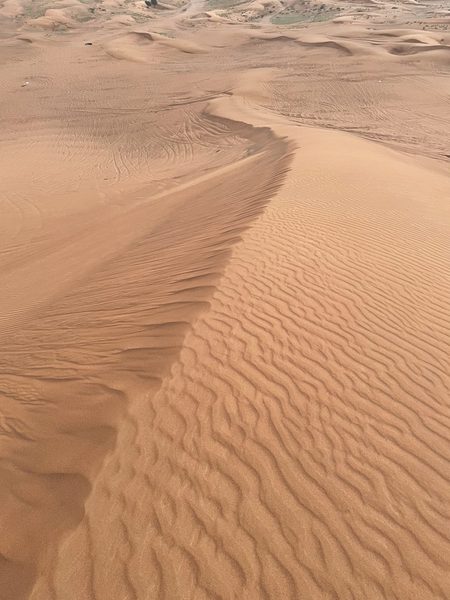A Message from Faculty Director Thabiti Willis

The Spring 2024 Africa-Arabia Program provides an incredible opportunity to realize the transformative power of study abroad. This program pursues this ambitious goal by challenging students to interrogate the lens through which they view the world and their relationship to one another.
This program will test the limits of students’ knowledge and experience for understanding the (non-western) world. It encourages students to make connections to people who possess a radically different way of knowing and being in the world. The wide range of readings and activities that comprise this program will provide countless opportunities to explore a multitude of ways that history and culture shapes experience and perspective.
The program is open to all majors and students with a passion for paradigm-shifting travel that involves deep engagement with African and Arab societies. Students who have studied Arabic along with those majoring in history, international relations, political science, anthropology, and Africana Studies are particularly encouraged to apply.
Thabiti Willis has held teaching positions at small liberal arts, large research university, and historically Black university environments in the United States and has extensive experience with academic programs in Nigeria and South Africa and in Arab Gulf States. He is deeply committed to collaborative international education and looks forward to introducing another group of Carleton students to this fascinating part of the world.
Learning Goals
To learn about the varied and contested notions of African and Arab identity that circulate among communities in Zanzibar, Bahrain, and Oman in the past and present through research, conversation, performance, and experience.
To learn about the importance of a cultural and commercial gateway linking Africa and Arabia to the broader Indian Ocean and Western Worlds.
To learn how to envision, design, execute, and evaluate in-depth individual and group research projects that draw on a wide range of archival, archeological, musical, oral, and visual sources and material culture.
To learn how to question the assumptions that researchers and collaborators bring to ethnographic encounters while maintaining a spirit of mutual respect and collegiality.
To develop an acute awareness of some of the ways that race and culture are understood in different national contexts.
To nurture the ability to navigate different cultural contexts with humility and confidence.
Thabiti Willis is an Associate Professor of History. He has been at Carleton since 2010.




